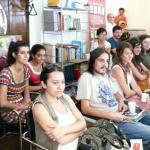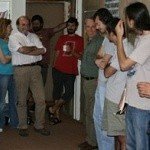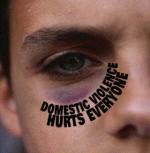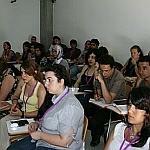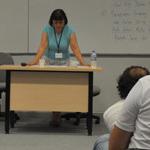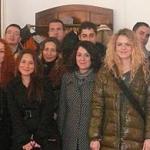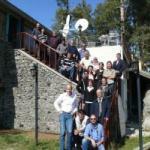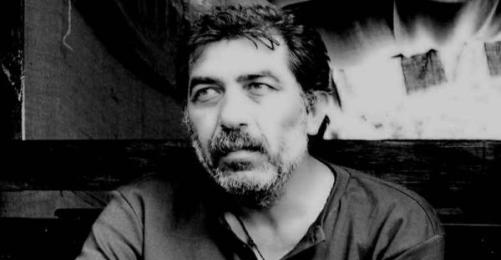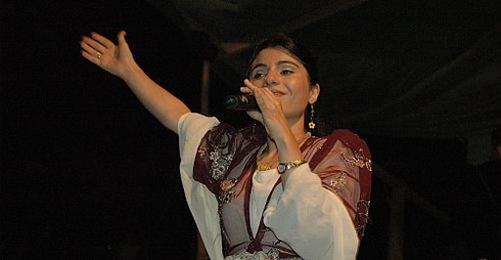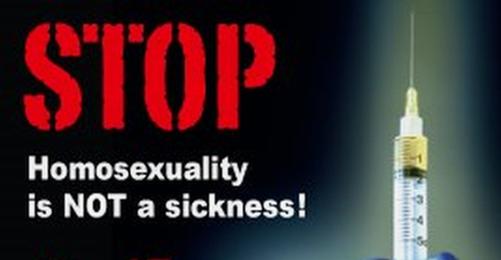"From the Classroom to the News Room" in Its Third Year
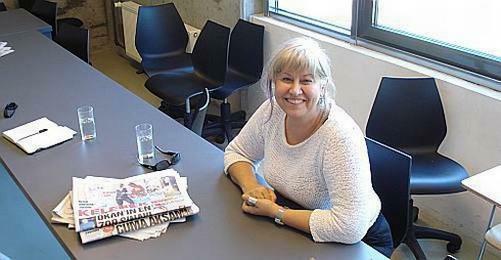
With support of the Swedish International Development Agency (SİDA) the third educational training programme for young journalists will be held by the IPS Communication Foundation this year, starting from 12 July.
Participants are 30 of this year's graduates from print, radio, and television journalism departments of Turkish and Northern Cypriot communication faculties. The students will gain an insight into rights journalism and into presenting news in accordance with professional ethics codes. They will have the opportunity to meet experienced journalists and also to pay visits to rights organisations, and radio, television, and newspaper offices.
bianet talked to BİA educational advisor Prof. Dr. Sevda Alankuş about the last three years of project activities and the importance of media and communication for the students.
How do the media, the students, and the training instructors benefit from the "Classroom to Newsroom" project (OHO)?
This third OHO training is important for the mass media because the jounalist candidates get the necessary practice. It is always said that graduates do not know how to write proper news because they did not receive enough practice lessons at the communication faculties. With our education programme we are going to prove those allegations wrong.
After four years of university education, the candidates take part in a one-week intensive programme that repeats and filters what they learnt. The students develop the self-confidence not only to write "good" news, but also to apply the rules of "rights-focused news", a style represented by bianet and increasingly discussed communications faculties. They realise that even within the mainstream media it is not difficult to practice rights journalism.
Our trainers are both journalists from the mainstream media and academics. I believe that the OHO training offers the former the chance to rethink the understanding of journalism that their own employers have. The latter have the opportunity to reconsider what they have been teaching for years and to catch journalists just at the point at which they are ready to step into their professions and to tell them that good journalism is actually always rights-oriented journalism, and that this is possible even within the mainstream media.
How has the programme developed in the last three years?
When we started our training programmes three years ago, we had accumulated serious experience through working with members of local media organs since 2000 and through bianet's journalism. The experience was developed by participants sharing and learning from each other. We had carried out dozens of training programmes, but always only over 2 days. When we started targeting newly-graduated studnets, we created one-week programmes, which allowed us to offer a more practice-oriented education. This led to a new period of learning and sharing. We always said, "BİA is an ecole", and this became true in a way. We added the publication of another book to those emerging from previous training programmes, recently publishing the "New Journalists' Handbook: Starting out in Journalism, from the Classroom to the Newsroom". We have also managed to make the concept of rights journalism as a concept and as a practice more widely understood and used, similar to the way that we had caused the introduction of the concepts of "peace journalism" and "citizens' journalism" into communication faculty classes and theses.
What do you foresee and wish for the next years of OHO training?
This was a three-year project and will now be completed. As someone who has participated in the bianet project from the beginning and who has coordinated the educational training, I can say that we have achieved a very important accumulation of experience. As far as I know, there is no other project that has reached so many people in the country or can compare in terms of the quality, aim, prevalence and focus of our training.
We started out in 2000 with training based on the necesssity of politically and ethically responsible journalism, and in a second period continued with journalism focusing on human rights and women and children's rights. Now we want to continue with another area of politically and ethically responsible journalism, with training on journalism on disability. bianet is thinking about and trying to do its best in this area, but we will start a new learning and sharing period on this issue, which needs to be focused on more specifically.
It looks like BİA training will continue as long as we trainers can find sources, and, unfortunately, as long as rights violations in news items that reinforce injustices and discrimination continue. (BÇ/VK-AG)





